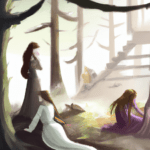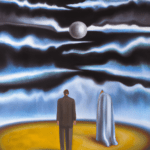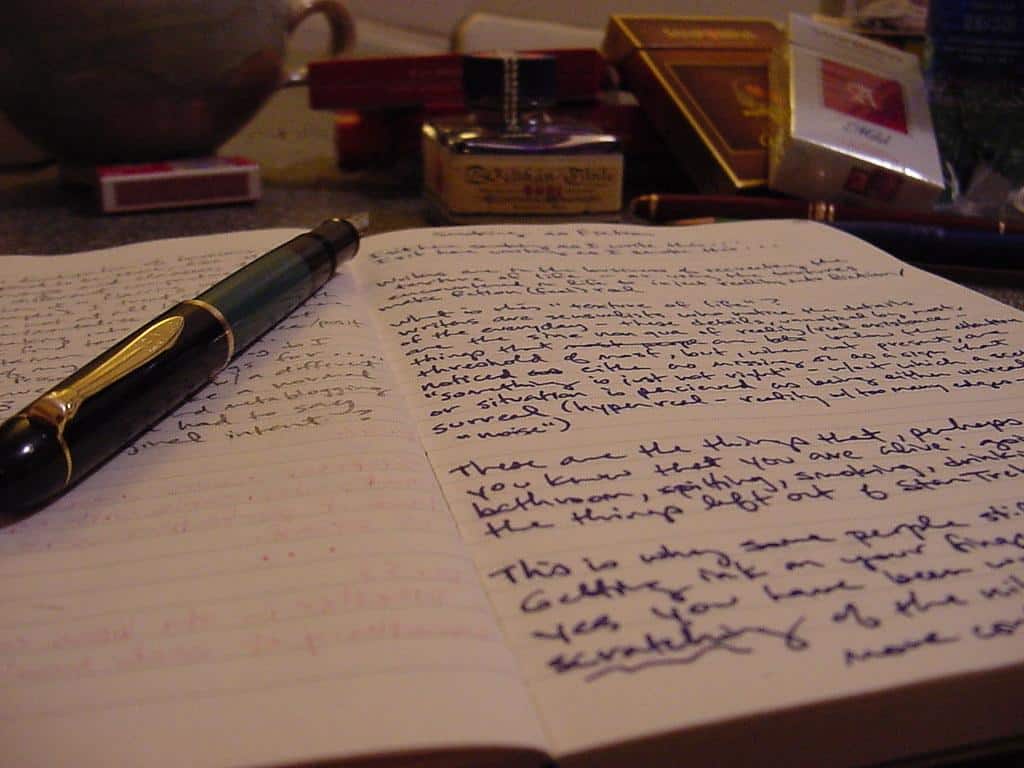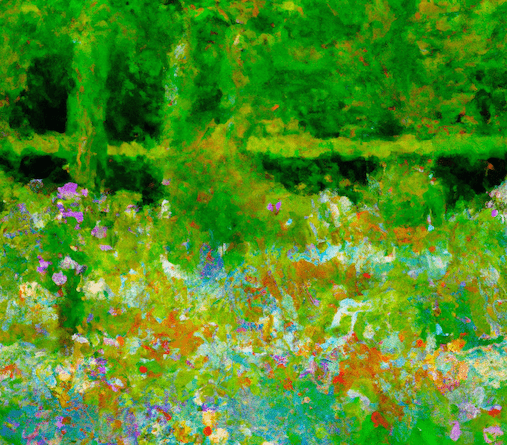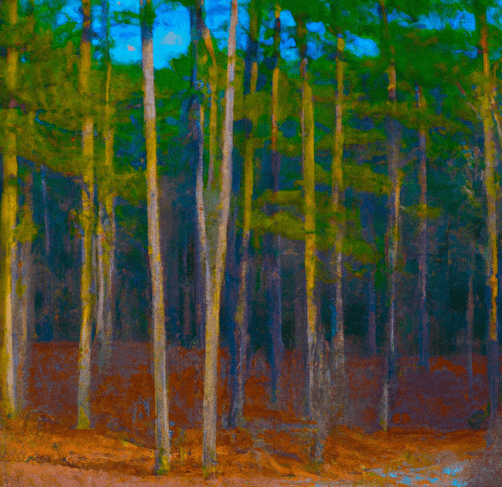Epic poetry is a centuries-old form of storytelling that has the power to transport readers to different worlds and times, and to leave a lasting impression. If you’re interested in writing an epic poem, there are a few key elements that you should keep in mind to ensure that your work is both memorable and impactful.
Guide to Epic Poetry
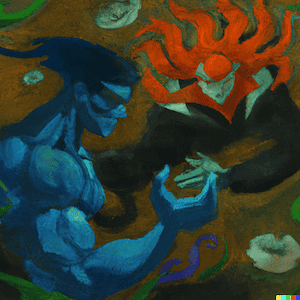
- Choose a subject that is grand in scope. Epic poetry is all about telling a big story, so it’s important to choose a subject that is worthy of that kind of treatment. Consider choosing a subject that has universal themes and resonates with readers on a deep level.
- Develop a strong narrative arc. Epic poetry follows a clear narrative arc, with a beginning, middle, and end. Make sure that your poem has a clear structure and that each section builds on the one before it.
- Use descriptive language. Epic poetry is known for its rich and detailed descriptions, so make sure to use descriptive language to paint a vivid picture of the world and characters in your poem.
- Incorporate symbols and motifs. A great epic poem will have symbols and motifs that run throughout the work, adding depth and meaning to the story.
- Use a formal verse structure. Epic poetry is typically written in a formal verse structure, such as hexameter or pentameter. Using a formal verse structure will give your poem a sense of timelessness and grandeur.
- Be willing to revise and edit your work. Writing an epic poem is a big undertaking and it’s important to be willing to revise and edit your work until it’s the best it can be.
Keywords: epic poetry, writing an epic poem, narrative arc, descriptive language, symbols and motifs, formal verse structure, revising and editing.
Check out our Novel Writing Workbooks
Check out Little Tree Food Forest for articles on food forests and homesteading.
Check out FoodieScapes for articles on growing, fermenting and preserving food
Check out StoryScapes.World for articles on writing.
Subscribe to our newsletter to get information delivered to your inbox on how to write a book, outlining your novel, keeping journals, marketing your novel, self-publishing, writing poetry and more.



